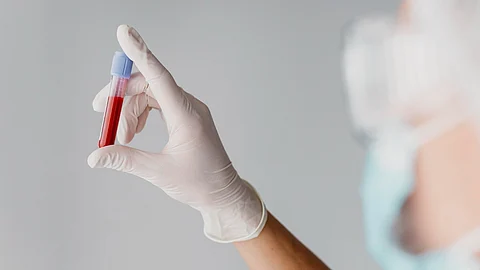Dr. Santhosh Kralet from the National Medical Commission further added that diseases such as anemia, often not found due to a lack of testing, are now being found earlier.
"It will ensure that no one is left behind in our health interventions," said Dr. Kralet.
Security-first, scale-second.
Privacy and data protection principles have been built into the system as part of its core competencies. Quick Vitals has features that prevent only specific medical professionals from accessing the results, and the platform is fully compliant with India's medical data laws as well.
The successful implementation in Niloufer marks the beginning of a wider roll-out. Maharashtra is next, with the rollout of the technology to additional states.
The Future of Diagnostics: Fast, Painless, and Affordable
As India continues to bridge diagnostic deficiencies and healthcare inequities, solutions like Amruth Swasth Bharath can democratize access to timely, painless diagnostics.
The word is out: Diagnostic health's future may not be in the laboratory; it may be in your phone.
(Input from various sources)
(Rehash/Muhammad Faisal Arshad/MSM)


